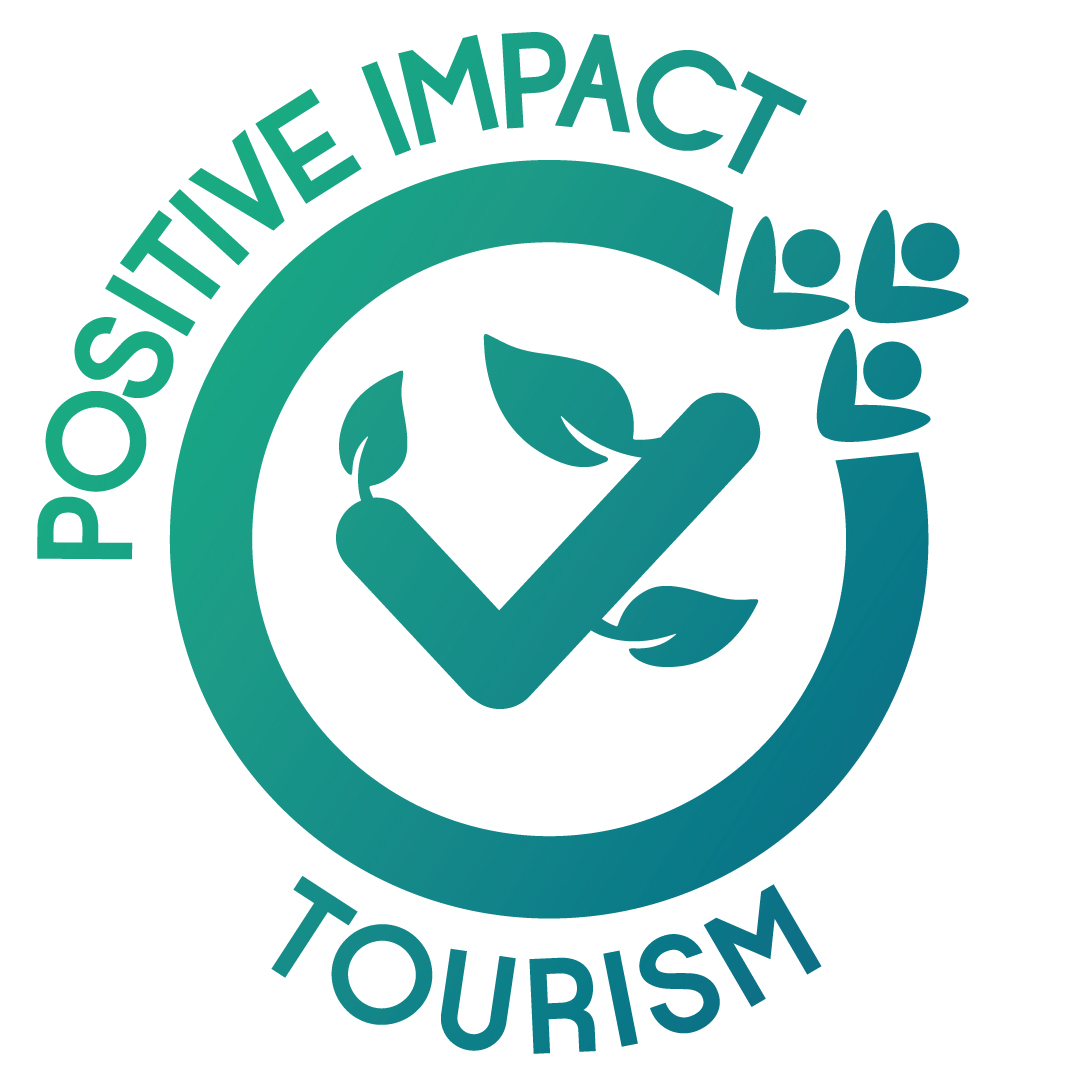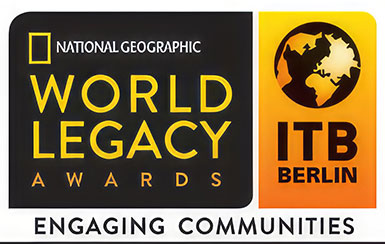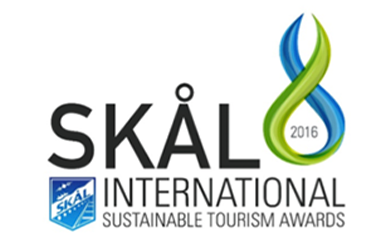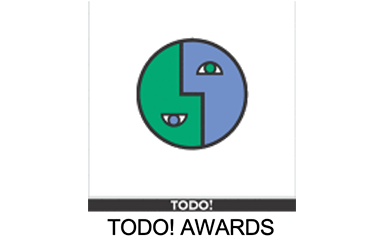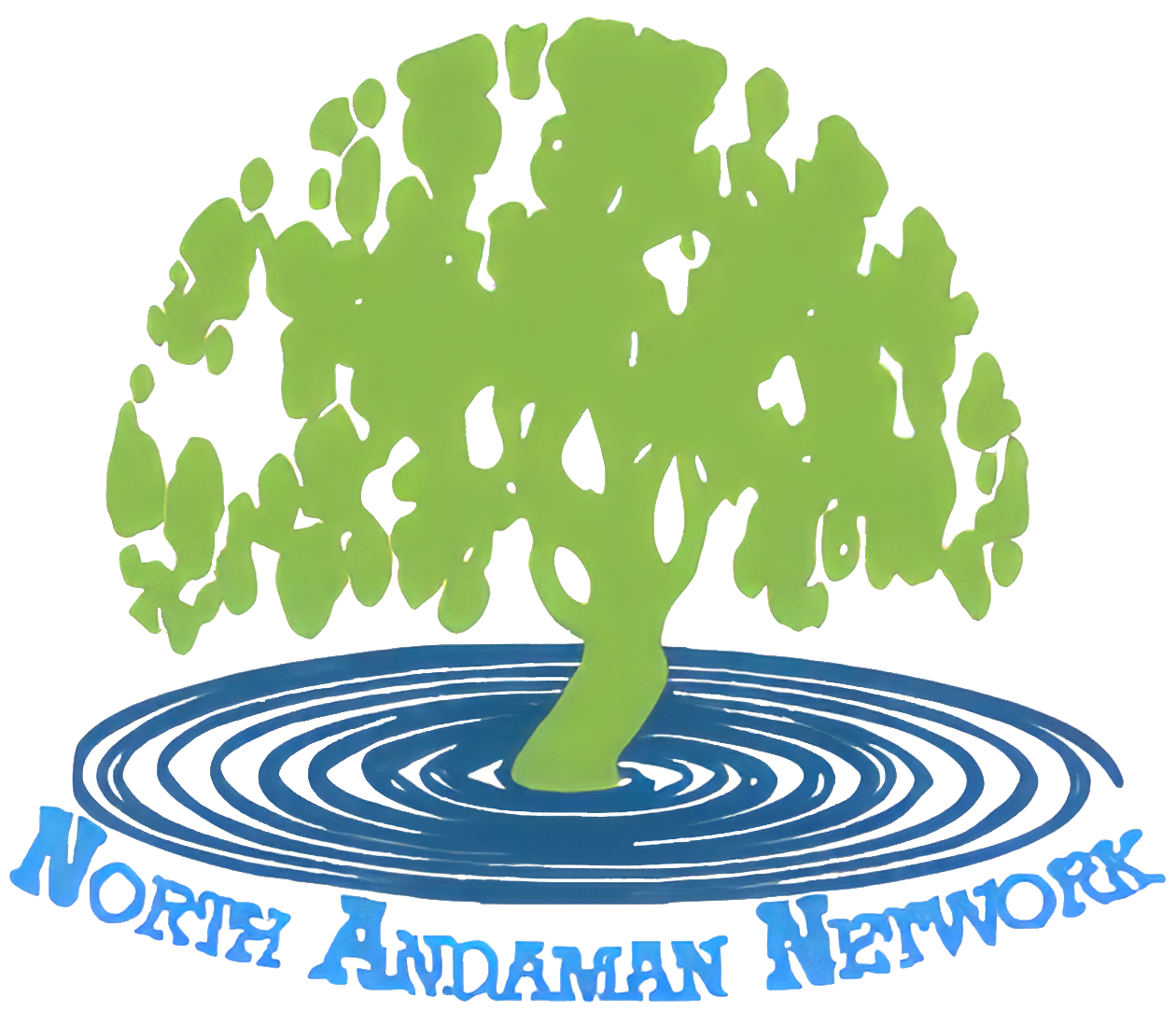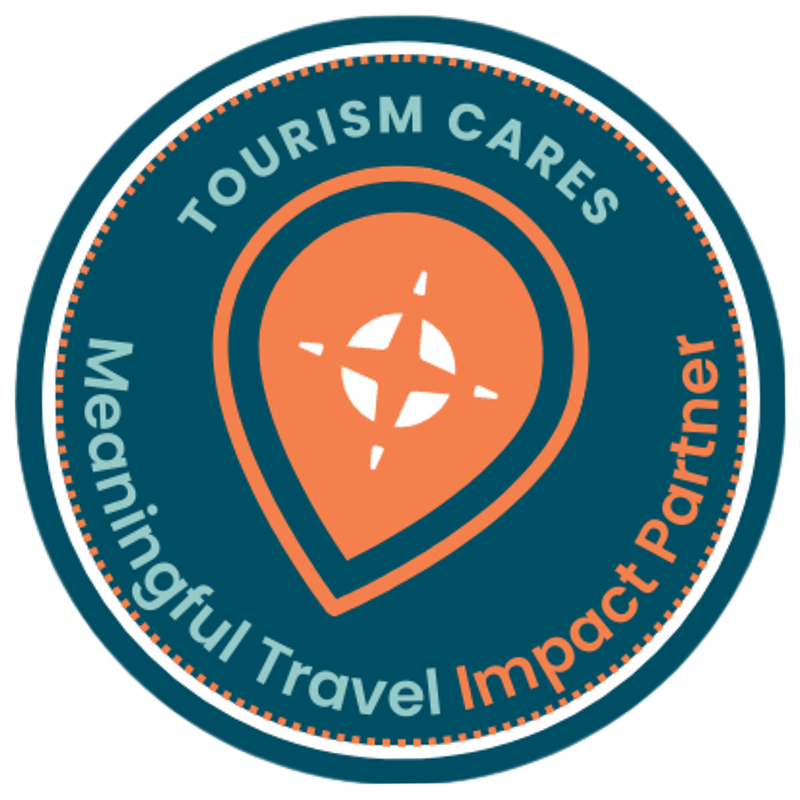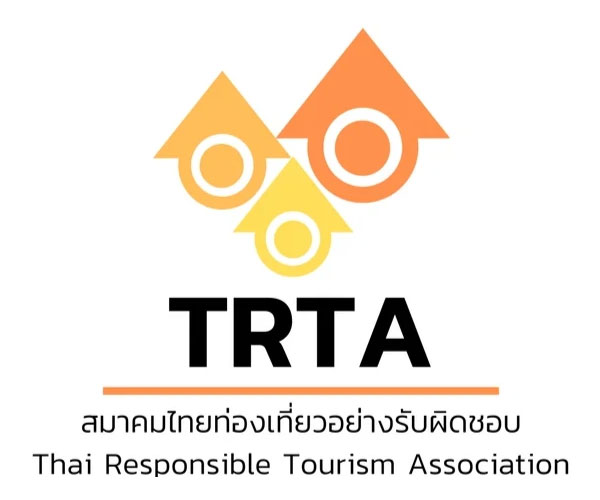First Person: Rowena’s Reflections on Ban Talae Nok
A Village Homestay from a Writer’s Perspective
 The four of us slowly strolled down the dusty road, away from the main village and towards the beach, to watch the sun perform its slow swandive into tranquil blue waters, heralded by a dusky pink and orange sky.
The four of us slowly strolled down the dusty road, away from the main village and towards the beach, to watch the sun perform its slow swandive into tranquil blue waters, heralded by a dusky pink and orange sky.
Concerned by our silence, Tui enquired, “Are you tired?” “No,” we replied. She paused. “Are you relaxed?” she asked. “Ye-es,” we sighed, our voices lifted with smiles.
That’s the impact that life at Ban Talae Nok had on us after just two days. The slow-paced way of life, the welcome of the villagers wreathed in smiles as warm as Thailand’s sultry climate, the seemingly infinite supply of tempting food, the precocious cuteness of the children — I loved it all.
After a year spent working all the hours God sent, mostly while sat in front of a PC in England’s rainy Manchester, I came to Thailand looking like many others to relax and unwind in the sun — but also to find out more about a culture and people who I had first met and fallen in love with over seven years ago. Through Andaman Discoveries, I found that — and more besides.
I found that it’s impossible to come to this part of the world and not appreciate two things.
 Firstly, the devastating impact that the 2003 tsunami had on this rural community. Our visit to the beach site of the old village school gave us some clues, where photographs revealed the devastation left by a massive wave, where 16 children lost their lives and where only a flagpole survived the site’s destruction. All this belied the tranquility of the ocean that we watched gently lapping the shore.
Firstly, the devastating impact that the 2003 tsunami had on this rural community. Our visit to the beach site of the old village school gave us some clues, where photographs revealed the devastation left by a massive wave, where 16 children lost their lives and where only a flagpole survived the site’s destruction. All this belied the tranquility of the ocean that we watched gently lapping the shore.
Secondly, the value of sustainable tourism projects like this. Aided by the non-directive education and support of Andaman Discovery staff and volunteers, the residents of Ban Talae Nok are able to make the most of community-based tourism, given full control over where their guests stay, what they do and what impact they choose to let us have on their lives. And they show us a good time.
Every activity that we tried was a great deal of fun — designing batik, weaving palm leaf roofs, planting mangrove trees, shelling cashew nuts, making soap, and more. And it gave us a far greater appreciation of the skills required to undertake these labours — skills that us farang were sadly lacking in, to the great amusement of all concerned.
For me, the chance to meet and interact with Thai people outside the tourist touts and restaurant owners; to witness, learn from and participate in the various activities that these people undertake in order to support themselves and their community in a post-tsunami world; to gain a more profound insight into a culture and lifestyle so distinctively different from my own, all combined to create an experience that I know I will remember forever.
Put simply, this trip made me think, made me laugh, made me cry — and made my holiday.
Thank you.



